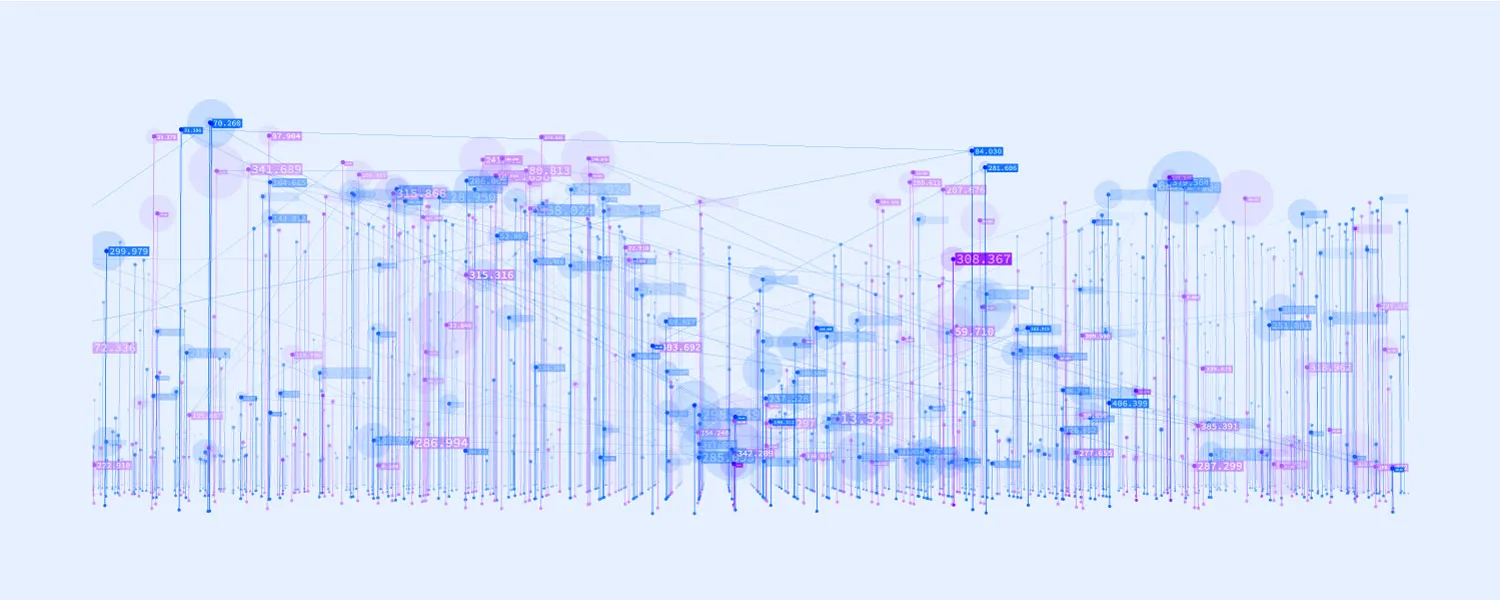There’s no doubt that NCQA’s Data Aggregator Validation (DAV) program is increasingly important to health plans, organizations, and providers in this new era of digital quality systems. Health plans simply cannot handle validating the volume of electronic health data that is required for HEDIS® reporting and other quality initiatives. Therefore, for organizations like Health Information Exchanges (HIEs), Accountable Care Organizations (ACOs), and Health Systems that can provide DAV-validated data that does not require primary source verification to their health plans, it’s a valuable offering.
 Download
Download

There’s no doubt that NCQA’s Data Aggregator Validation (DAV) program is increasingly important to health plans, organizations, and providers in this new era of digital quality systems. Health plans simply cannot handle validating the volume of electronic health data that is required for HEDIS® reporting and other quality initiatives. Therefore, for organizations like Health Information Exchanges (HIEs), Accountable Care Organizations (ACOs), and Health Systems that can provide DAV-validated data that does not require primary source verification to their health plans, it’s a valuable offering.
However, before organizations can provide DAV-validated data, they must first demonstrate robust aggregation processes and the ability to maintain the integrity of the data from the source (original) systems. And truth is, with rapidly multiplying health technologies and data standards, organizations are challenged to handle an incredible amount of complexity. A Certified Data Partner offers organizations the opportunity to cut through this complexity to easily validate data streams and deliver value faster.
NCQA defines a Certified Data Partner as, “an organization that does not have legal access to data to conduct primary source verification but may meet other DAV standard and supports responsible parties for validation of the data stream.” In the simplest terms, it is a technology partner that supports an organization’s data flow, whether that be with processing inbound messages, applying data transformations or generating the output files that are passed on to the health plans.
When organizations like KPI Ninja participate in NCQA’s DAV program, it shows they meet and demonstrate rigorous standards that drive clinical data integrity. This builds trust and creates more usable, valuable clinical data for health plans, providers and their partners to improve the quality of care for the people they serve.-Brad Ryan, MD, Chief Product Officer of NCQA
Short answer: Organizations that use a Certified Data Partner experience a reduction in the burden associated with the DAV process. Rather than having to prepare lengthy documentation, like how data is attributed from different sources, or having to implement a new technology solution, like data quality reports or alerts, an organization can implement the certified standards that a Certified Data Partner offers to meet the standards quickly and easily.
Before you can really understand the benefit of a Certified Data Partner, you must first understand how roles and responsibilities are delineated. Let’s start with a straightforward example. One important DAV standard is CCD generation as this is the file format that organizations use to share their DAV-validated data to the health plans. As part of the validation process, organizations must demonstrate the ability to generate a CCD that conforms with NCQA’s Implementation Guide. If organizations do not have this capability or want to be assured of the ability to pass this standard, they can partner up with a Certified Data Partner to help meet this standard.
More complex relationships revolve around the other DAV standards – like how the data is processed, monitored, and transformed. Depending on what capabilities have been assigned to the Certified Data Partner, as well as what standards are certified by NCQA, organizations can receive the benefit of a reduced burden during the DAV process.
In the spirit of ensuring your success, KPI Ninja supports you when and where you need it. As organizations are at various levels of sophistication when it comes to data aggregation and transformation, we here at KPI offer a variety of solutions to make it easy to pick and choose what you want. For some organizations, we support the data environment comprehensively with our Clinical Data Repository (CDR). The CDR serves as the technical foundation for DAV and many other use cases. For organizations that are not looking for an enterprise solution, we shape our service to meet whatever the unique needs may be. Take for example data transformation. While maximizing existing health data is certainly important to organizations, the data can only deliver optimal value if it’s kept up to standard. Ensuring that code sets are continually kept up to date, evaluating where within the data flow the best place is to apply transformations, maintaining mappings of local codes and implementing an ongoing process to monitor data quality are just a few of the examples of how KPI can assist in meeting the DAV standards around data transformation.
As new priorities and programs have emerged in the industry over recent years, these trends are driving changes in how we process, exchange, and use health data to improve outcomes. It’s not without reason why health care executives are prioritizing the validity of their data and the resultant trust they are building with their stakeholders. And, that is just one of many reasons why an organization should consider obtaining NCQA’s DAV status. We encourage our clients to embrace a set of solutions that are built around their unique needs wherein obtaining DAV status and offering validated data to health plans is just one value-add within a comprehensive suite of services.